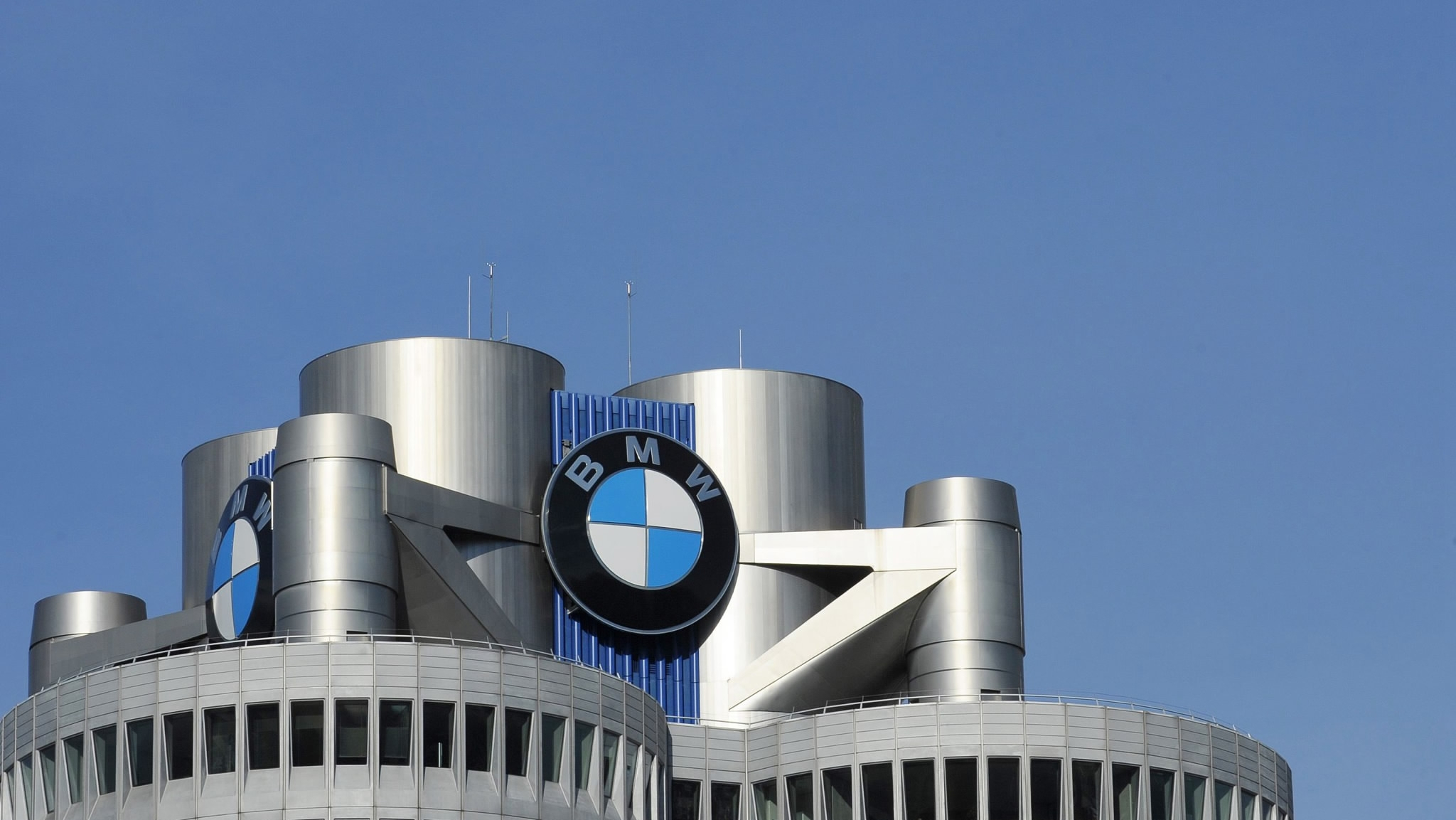02:46

The COVID-19 pandemic has had a detrimental impact on the global supply chain. This also affects German automaker BMW and its business in China. The auto company had to close its plants in China due to the outbreak that began in January.
Now that the epidemic has been brought under control, around 95 percent of BMW's dealers have reopened. "We see a very strong recovery of the business, including showroom traffic and sales," says Jochen Goller, President and CEO of BMW Group in China.
Goller says the biggest impact on the company was in February.
"By March we were already back to 50 to 60 percent of the volume. In April, we are aiming for a budget level. We are taking it month by month."
Seeing the disruptions caused by the outbreak, there have been experts and governments advising multinationals to diversify their supply chains away from China. On that note, Goller sees the opposite occurring.
"China is by far our largest market, and you have the supply following demand. We have more than 400 supplies in China. On April 1, we are starting our new Tiexi plant in Shenyang, which will double the capacity. Later this year we are going to open the second phase of our high voltage battery assembly line, and produce battery packs for new energy vehicles," he added.
Goller says BMW will not change its supply chain strategies. In contrast, he believes the global pandemic might accelerate its localization in China because "you need to be present in your biggest market."
In his opinion, there are two reasons to be confident about the Chinese market. First, the market potential – the long-term outlook of the auto market in China remains strong. Secondly, the continuous opening-up policies from the government, such as the lift on joint-venture restriction, has boosted the confidence of companies like BMW.
(Cameraman: Shen Hui, Gao Boyuan, You Siyuan)